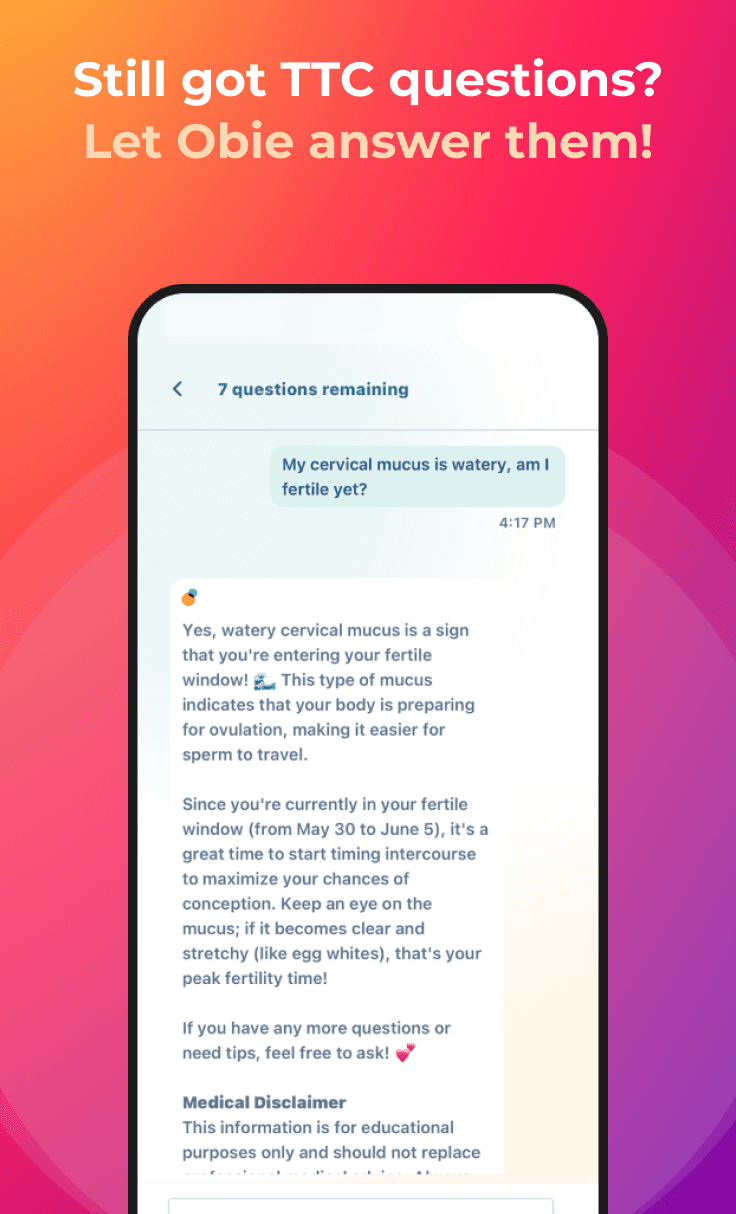Should Anonymous Donors of Sperm and Eggs Remain Anonymous?
Fertility and Infertility News
Obie Editorial Team
It’s a question legislators in the Australian state of Victoria are grappling with. Sperm and egg donation was a process cloaked in anonymity until 1998 when a new law allowed disclosure for all gamete donations beginning in 1998. Today’s legislators are debating the pros and cons of removing the cloak of anonymity for the egg and sperm (gamete) donations made before 1998.
Any changes to the current law would affect the anonymous donors so the Victorian government turned to the Monash University School of Public Health and Preventive Medicine in Melbourne to research the issue. The research team found 42 people who had anonymously donated eggs or sperm before 1998. These donors were asked their opinion of the proposed legislation, which would allow children conceived of these anonymous donations to contact the donors.
The donors were divided almost evenly, with about half of them supporting disclosure while the other half did not approve.
Reasons some donors supported the proposed law calling for disclosure include:
- It allows donor-conceived people to gain a better understanding of their biological heritage.
- It would allow donors to contact their donor-conceived offspring.
Those opposing the proposed legislation did so because:
- Disclosure is a violation of the confidentiality clauses and privacy guarantees in their donation contracts.
- They fear revealing identities could harm everyone involved - donors and their families, donor-conceived offspring and their families.
About half the anonymous donors who oppose the disclosure legislation acknowledged personal willingness to supply personal information to their donor-conceived offspring. Some expressed the desire to encourage parents to reveal donor conceptions to their children.
Some pre-1998 donors and some legislators feel donor-related information should be kept confidential unless a donor specifically consents to its release.
The United States federal government does not place any regulations on donor identity and only the state of Washington has a law that allows donor-conceived offspring to contact their donors. Contact can only be made once the child reaches the age of 18 and donors can opt out of disclosure if they prefer to remain anonymous.
Glenn Cohen, who was not a part of the Australian study, expresses concern that the requirement for donor identification might lead to fewer people willing to donate. Fewer gamete donations could result in longer waiting times for couples needing the donations to have children. He suggests a doubling of the financial incentive to donate, however, may outweigh a perspective donor’s concerns of personal privacy. Cohen is co-director of the Harvard Law School’s Petrie-Flom Center for Health Law Policy, Biotechnology, and Bioethics.
Source: Hammarberg, Karin. “Proposed legislative change mandating retrospective release of identifying information: consultation with donors and Government response (abstract).” Human Reproduction. European Society of Human Reproduction and Embryology. Dec 6, 2013. Web. Dec 29, 2013.








